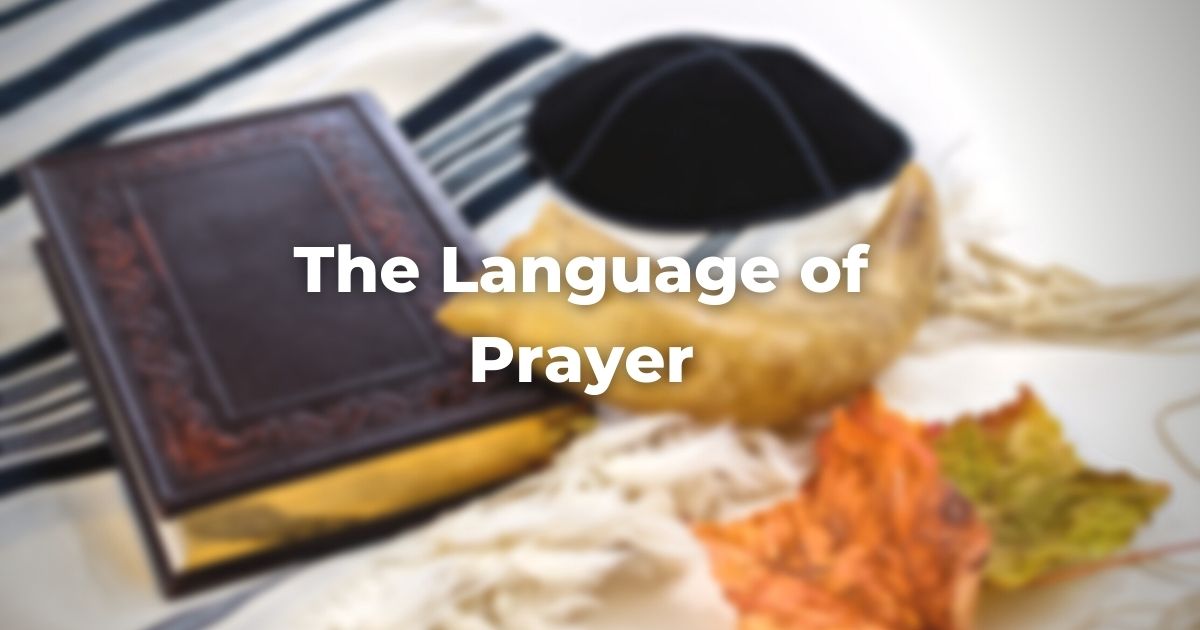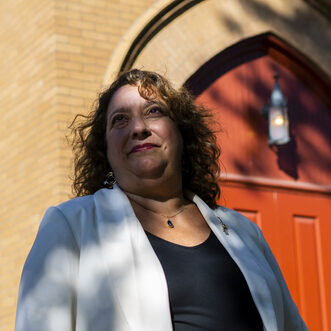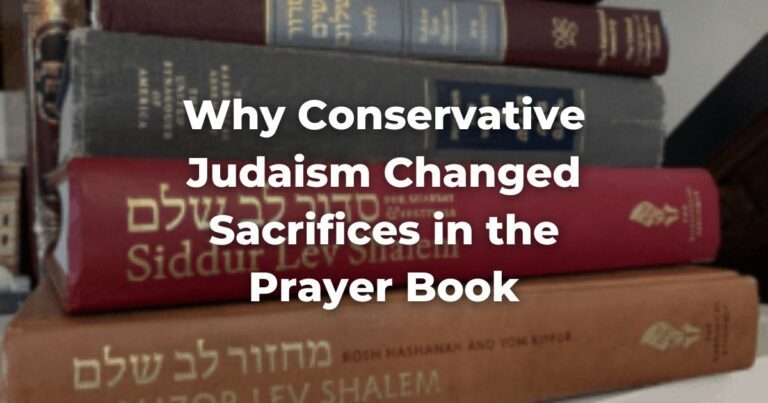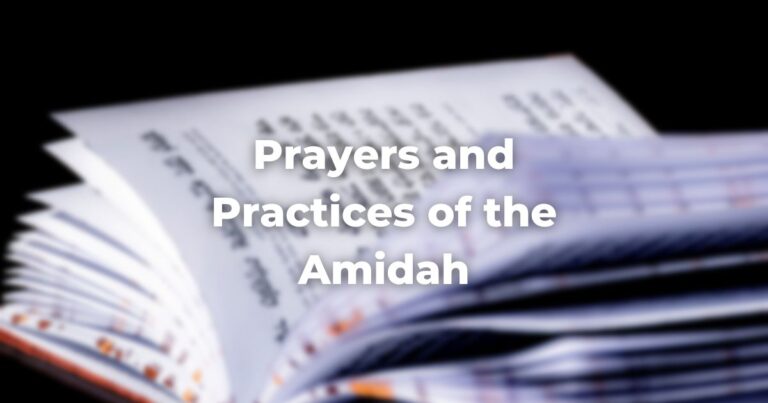The Language of Prayer
Jews are permitted to pray in any language, but the halakhah requires the same precision and concern to be used when praying in any language as would be requisite in Hebrew (see, e.g., Maimonides’ comments at Mishneh TorahRefers to the first five books of the Hebrew Bible, the Tanakh, also called the Five Books of Moses, Pentateuch or the Hebrew equivalent, Humash. This is also called the Written Torah. The term may also refer to teachings that expound on Jewish tradition., Reading the Shema 2:10 and Mishneh Torah, Hilchot Berachot 1:6).
Nonetheless, Conservative movement prayerbooks contain the entire service in Hebrew.
This is rooted in the belief that the Hebrew language captures particular religious and cultural values and meanings that cannot adequately be transmitted in translation.
For example, the Hebrew word tz’dakah (also spelled tzedakah) is not truly captured by the English “charity.” Nor is t’shuvah exactly the same as “repentance.”
The language of our liturgy is thus also a link to Jews all around the world.
The Prayerbook
The Hebrew word for prayerbook, siddur, derives from the same Hebrew root that generates words related to order and organization.
The siddur is best understood not as a formal literary work composed at a specific moment in history. Rather it is the organization of our formalized liturgy as it has evolved to our own era.
It is a good name for another reason as well: this book that organizes our liturgy also organizes our day.
The codified liturgy varies from community to community. Still, it is remarkable how similar a service from one tradition is to another—to all others.
So much so that it is usually easy to recognize the same core elements in any Jewish prayer service regardless of one’s particular background.
The current siddur used by most Conservative synagogues, and recognized by the umbrella organizations of the Conservative movement, is the Lev Shalem for Shabbat (and a new version of Lev Shalem for weekdays is under development now), for weekdays many use an edition of Siddur Sim Shalom.
This siddur contains in it the liturgical changes that reflect the theological underpinnings of Conservative Judaism.
There are other siddurim, as well, each created and edited for some specific synagogue or educational setting. The text used in these siddurim—and the commentaries included—are the key elements that allow these books to stake their claim to a place within the liturgical tradition.
Adapted with permission from The Observant Life.
Authors
-

Rabbi Dr. Karen G Reiss Medwed, is Teaching Professor emerita at Northeastern University. She serves as Interim Vice Provost, Academic Affairs and Initiatives for HUC-JIR. Dr. Reiss Medwed's scholarship includes digital education, higher education leadership, and faith-based education. Dr. Reiss Medwed was ordained by JTS in 1995, and earned her Ph.D. from New York University's Steinhardt School of Education in Curriculum, Teaching and Learning with a specialization in Jewish education in 2005.
View all posts -



The Observant Life: The Wisdom of Conservative Judaism for Contemporary Jews distills a century of thoughtful inquiry into the most profound of all Jewish questions: how to suffuse life with timeless values, how to remain loyal to the covenant that binds the Jewish people and the God of Israel, and how to embrace the law while retaining an abiding sense of fidelity to one’s own moral path in life. Written in a multiplicity of voices inspired by a common vision, the authors of The Observant Life explain what it means in the ultimate sense to live a Jewish life, and to live it honestly, morally, and purposefully. The work is a comprehensive guide to life in the 21st Century. Chapters on Jewish rituals including prayer, holiday, life cycle events and Jewish ethics such as citizenship, slander, taxes, wills, the courts, the work place and so much more.
View all posts






